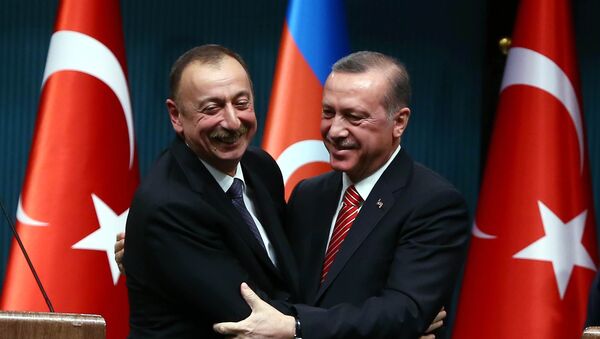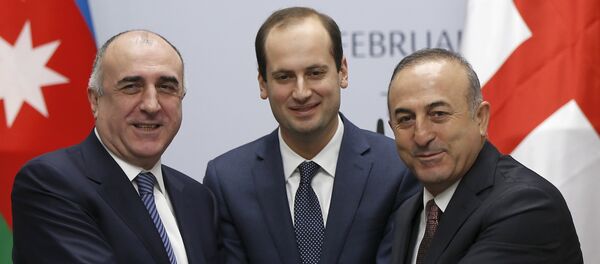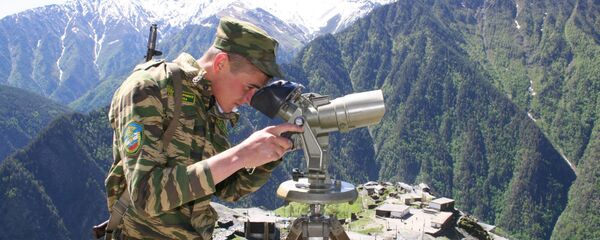Pursuant to the 1994 ceasefire agreement, the self-declared republic has been left in the hands of the ethnic Armenians backed by neighboring Armenia.
Negotiations have so far failed to produce a permanent peace agreement, and the dispute remains one of post-Soviet Europe's "frozen conflicts."
Ataev notes that Recep Tayyip Erdogan might provoke the instigation of the long-fermenting conflict, as it is beneficial to Erdogan in particular, his political environment and the Turkish economy.
"This scenario, this matrix has already been tested during the Second World War," Ataev said in an interview with Russia’s online newspaper Lenta.ru.
“When some particular state was drawn into the war, the country which pulled it in got all the dividends,” he said, adding that it is now Turkey which could perform such a role.
In the South Caucasus, Turkey is targeting Georgia. During his February visit to the country, Turkish Foreign Minister Mevlüt Çavuşoğlu announced that Turkey supports the membership of Georgia into NATO and is promoting its entrance bid.
Ataev noted that the reciprocal response of the Georgian foreign minister shows that Georgia is set on a course of becoming Turkey’s ally.
Speaking at the press conference, Georgian Foreign Minister Mikheil Janelidze said that Georgia perceives Turkey as “the closest friendly state,” and that this is reflected in the relations between the two countries.
And this is Turkey’s way of trying to set up a group of allies out of Russia’s adversaries.
The pro-Turkish projects, the expert says, have grown up in Azerbaijan, Georgia, Russia’s Tatarstan, Moldova and Ukraine, in Central Asia.





